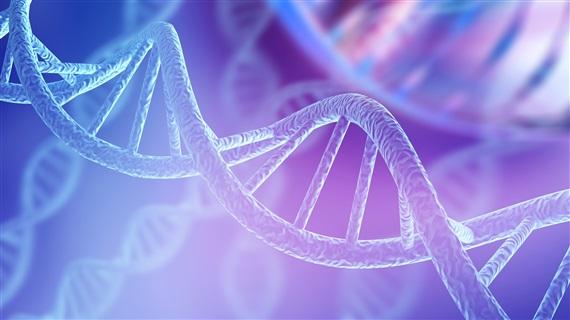Origins of glioma brain cancer found to be in the epigenome
RESEARCH SUMMARY
Study Title: Modeling Epigenetic Lesions that Cause Gliomas
Publication: Cell, Tuesday, July 25, 2023 (https://doi.org/10.1016/j.cell.2023.06.022)
Dana-Farber Cancer Institute Authors: Gilbert J. Rahme, PhD; Nauman M. Javed, MD, PhD; Kaitlyn L. Puorro; Volker Hovestadt, PhD; Sarah E. Johnstone, MD, PhD; Bradley E. Bernstein, MD, PhD
Summary:
While cancers often originate from mutations and other alterations of cells' DNA, researchers in the Bernstein Laboratory at Dana-Farber and the Broad Institute of MIT and Harvard have found that gliomas – incurable brain tumors – can arise due to changes in the epigenome, the collection of compounds that are deposited on DNA and alter gene activity without changing the sequence of DNA itself. The researchers pinpointed two genes whose activity is epigenetically altered in human gliomas, including one cancer-causing oncogene and one cancer-preventing tumor suppressor gene. In animal models, they showed that changes to the epigenome that activate the oncogene and silence the tumor suppressor work in sync to spur brain tumor formation. The findings underscore the potential of therapies that seek to impede gliomas by targeting the epigenome.
Impact:
The discovery that glioma brain tumors can be driven by epigenetic changes – alterations in markings that control gene activity – suggests that new chemotherapy agents that target those changes may hold the key to stymying tumor growth.
Funding:
The research was supported by the National Cancer Institute, the National Institutes of Health, and the American Cancer Society
Contact: Victoria Warren; Victoria_Warren@dfci.harvard.edu; 617-939-5531
Media Contacts
If you are a journalist and have a question about this story, please call 617-632-4090 and ask to speak to a member of the media team, or email media@dfci.harvard.edu.
The Media Team cannot respond to patient inquiries. For more information, please see Contact Us.
